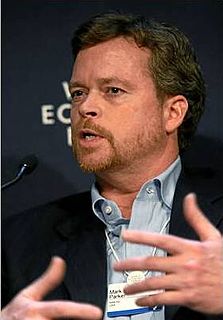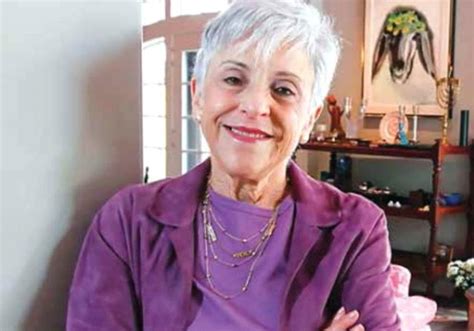A Quote by Alyson Stoner
I'm very sensitive to the incredibly diverse range of opinions within religious and secular communities, and honestly, I'd appreciate if we focused first on the experiences and dignity of the people.
Related Quotes
For us democracy is a question of human dignity. And human dignity is political freedom, the right to freely express opinion and the right to be allowed to criticise and form opinions. Human dignity is the right to health, work, education and social welfare. Human dignity is the right and the practical possibility to shape the future with others. These rights, the rights of democracy, are not reserved for a select group within society, they are the rights of all the people.
Although we've used the concept brand communities a couple of times, it's important to reiterate that communities aren't created, they are courted. Most brands will need to court a range of different communities and travel across pools, webs, and hubs if they want to reach the full range of desired consumers.
The greatest bulwark against an overreaching government, as tyrants know, is a religious population. That is because religious people form communities of interest adverse to government control of their lives; religious communities rely on their families and each other rather than an overarching government utilizing force.
In contemporary society secular humanism has been singled out by critics and proponents alike as a position sharply distinguishable from any religious formulation. Religious fundamentalists in the United States have waged a campaign against secular humanism, claiming that it is a rival "religion" and seeking to root it out from American public life. Secular humanism is avowedly non-religious. It is a eupraxsophy (good practical wisdom), which draws its basic principles and ethical values from science, ethics, and philosophy.
We should not be living in human communities that enclose tiny preserved ecosystems within them. Human communities should be maintained in small population enclaves within linked wilderness ecosystems. No human community should be larger than 20,000 people and separated from other communities by wilderness areas. Communication systems can link the communities.
I think it comes down to the type of personality that the performing arts seem to attract. And that's outgoing, very sensitive - sometimes incredibly insecure - people, that for some reason need a lot of validation. They have a lot that they have to get out, and they choose one of the hardest professions in the world in which to exist, being as sensitive as you need to be.
We need to employ a secular approach to ethics, secular in the Indian sense of respecting all religious traditions and even the views of non-believers in an unbiased way. Secular ethics rooted in scientific findings, common experience and common sense can easily be introduced into the secular education system. If we can do that there is a real prospect of making this 21st century an era of peace and compassion.



































